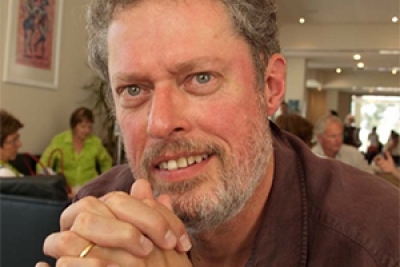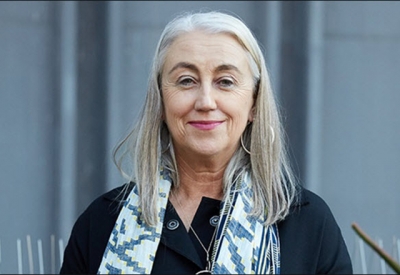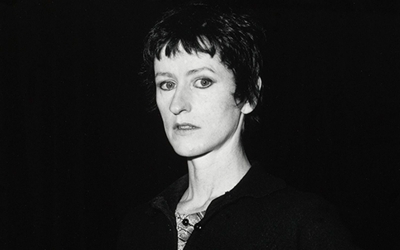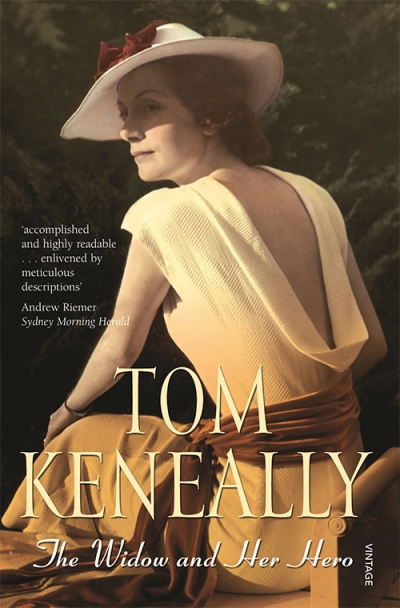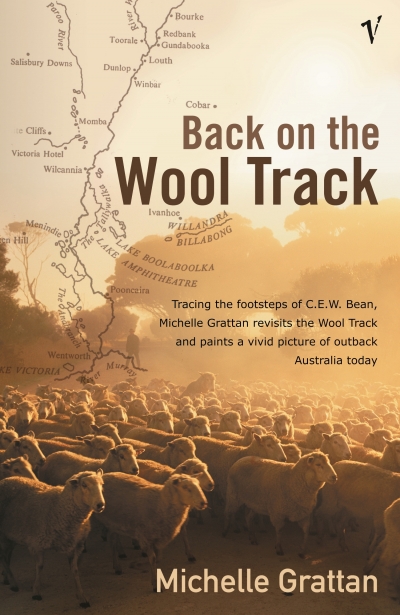Murray Middleton’s début novel, No Church in the Wild, opens beneath Flemington’s public housing towers in inner-city Melbourne. Residents of the towers flood the street to witness the police arrest a group of children ‘pinned on the concrete, knees digging into their spines’. One of these observers is Ali, a grade six primary school student. Ali recognises a Somali friend of his, Walid, as one of the boys under arrest. From Ali’s perspective, it is the latest provocation in a months-long campaign of police harassment against the local African migrant community. When things escalate and police direct the observers to leave, Ali responds: ‘Why should we? ... We live here.’ As the first of five parts, this opening scene is prologue to the action of the novel, which takes place five years later as Ali and Walid embark on their final years of schooling amid a community still suffering from problematic police interactions.























